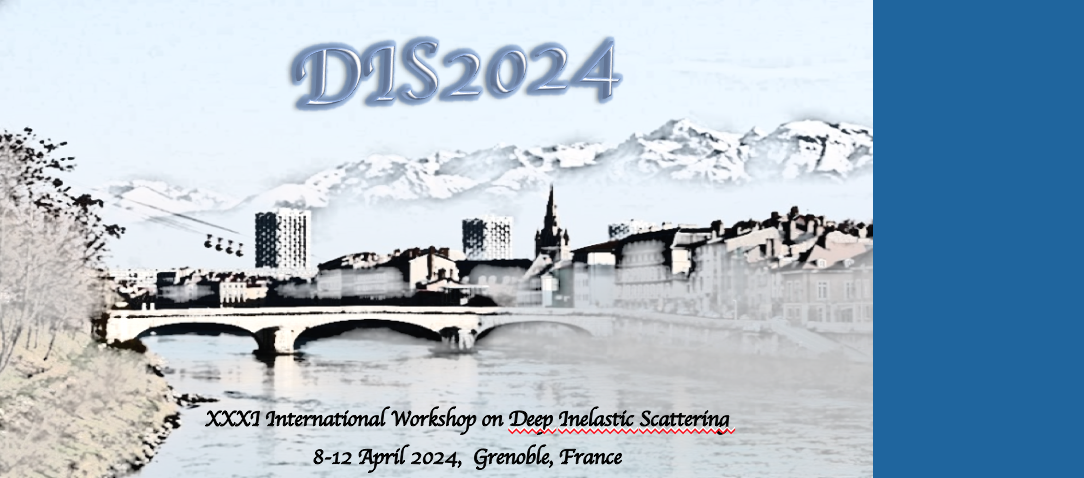Speaker
Description
The CEBAF Large Acceptance Spectrometer, CLAS12, in Hall B at Jefferson Lab runs experiments with a multitude of unpolarized and polarized targets using electron beams of 2 GeV to 11 GeV energies at close to the design luminosity of $L=10^{35}$ cm${-2}$ sec$^{-1}$. Since its commissioning in early 2018, CLAS12 has successfully executed a physics program that covers a broad range of topics in nuclear physics.
The necessity of high statistics data in multidimensional kinematic phase space became evident with the analysis and publication of the first cutting-edge results on nucleon and nuclear structure. To address this demand, we plan to upgrade CLAS12 to run at higher luminosities. The first stage of the upgrade, currently in progress, aims at improving the tracking efficiency in the forward region of polar angles, with a near-term goal of reaching a production luminosity of $L=2\times 10^{35}$ cm${-2}$ sec$^{-1}$. This upgrade will fulfill the requirements of the already approved experiments. The second stage of the upgrade aims at reaching luminosities of $L>10^{37}$ cm${-2}$ sec$^{-1}$, which will open the opportunity for studying new physics topics, such as Double Deeply Virtual Compton Scattering (DDVCS), accessible only with a high-luminosity, large-acceptance detector.
In this talk, the current performance of CLAS12, details of the upgrades to higher luminosities, and the new physics opportunities that these upgrades will open are discussed.

